Heating and Air Conditioning Contractors ( HVAC Contractors ) are those business that provide services for and repair heating and air conditioning units. They provide these services for both commercial and residential clients. They have to be knowledgeable about both duct and vent work, the different types of fuel sources for heating equipment, which can be natural or LP gas, electric, steam, solid fuel, coal, or fuel oil. Many contractors also install, service, and repair air conditioners. While air conditioning units are normally electric-powered, they are charged with different coolants, some of which may be hazardous.
All of these different types of work bring their own unique risks to the contractor. For this reason, it is very important for you to have an extended conversation with your insurance agent about all of the types of work you do and do not participate in. It is equally important to inform your agent if there are certain types of work you do not partake in. There are more than one classification code for this industry and the types of risks you take on can dramatically impact what you pay in premium for a number of commercial insurance policies. Below are 6 policies most HVAC Contractors need to secure in order to protect their business properly.
• General Liability
• Property Insurance
• Hired and Non-Owned Auto (full commercial auto if vehicles owned)
• Inland Marine
• Business Income with Extra Expense
• Workers’ Compensation
General Liability Insurance
General Liability Exposures at the contractor’s office or shop are generally limited due to lack of public access to the premises. Retail sales increase the possibility of customers slipping, falling, or tripping if customers visit office to view products.
Property Insurance
Property exposures at the heating contractor’s own location are generally limited to those of an office, shop, and storage of materials, equipment, and vehicles. Operations may also include retail sales. The fire exposure is generally light unless repair operations involving welding take place on premises. Welding involves the use of tanks of gases that must be stored and handled properly to avoid loss. The absence of basic controls such as chained storage in a cool area and the separation of welding from other operations may reflect a greater risk.
Commercial Auto
Automobile exposures are generally limited to transporting workers, equipment and supplies to and from job sites for HVAC Contractors. Hazards depend on the type and use of vehicles and radius of operation with the main hazards being upsets. Vehicles may have special modifications or built-in equipment such as lifts and hoists. Large heating systems may be awkward and require special handling and tie-down procedures. Age, training, experience, and drivers’ records, as well as the age, condition and maintenance of the vehicles are all important items to consider. If employees utilize their own personal vehicles for work related tasks then Hired and Non-Owned Coverage should be purchased.
Inland Marine Coverage
Inland marine exposures include contractors’ tools and equipment, including ladders and scaffolding, hoists, and portable welders, the transport of materials, and installation floater. Goods in transit consists of tools and equipment as well as products purchased by the customer for installation at the job site. HVAC units can be of high value and susceptible to damage in transit; they frequently require expertise in loading to prevent load shift or overturn.
Workers’ compensation
Workers compensation exposures vary based on the size and nature of the job. Both residential and commercial work involves lifting, work with hand tools, wiring, and piping. Cuts from the fabrication and installation of sheet metal for ducts and vents are common. Lifting injuries such as hernias, strains and sprains plus back injuries may occur. Electrical burns are common; electrocution can occur from the use of high-voltage lines. Any time work is done above ground, injury or death from falls and being struck by falling objects can occur. Slips and falls, foreign object in eyes, major and minor burns, and inhalation of fumes are all potential hazards.

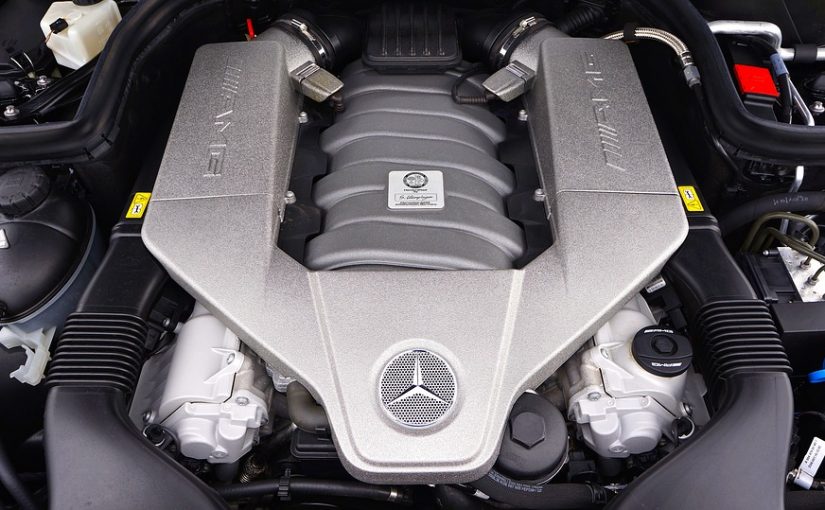



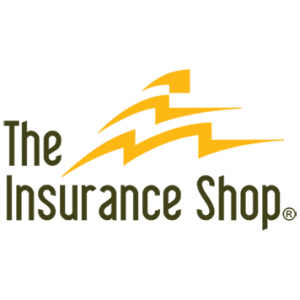 My Insurance Question is a creation of
My Insurance Question is a creation of 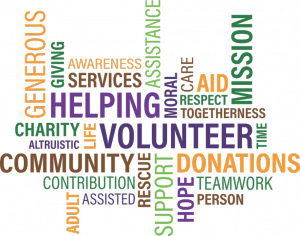

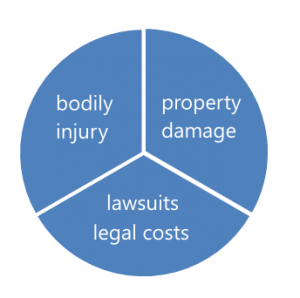
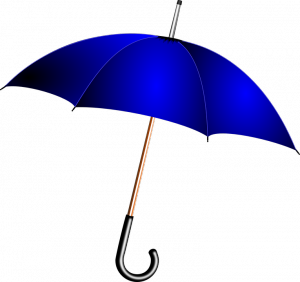

 A lot of insurance carriers have restricted coverage for non-profit and charitable organizations due to a large amount of historical claims and their potential exposure from volunteers serving these organizations. A few carriers have taken a different approach to non-profits and created programs designed specifically to the unique needs of these businesses. Below is a list of six coverages most non-profits will need.
A lot of insurance carriers have restricted coverage for non-profit and charitable organizations due to a large amount of historical claims and their potential exposure from volunteers serving these organizations. A few carriers have taken a different approach to non-profits and created programs designed specifically to the unique needs of these businesses. Below is a list of six coverages most non-profits will need.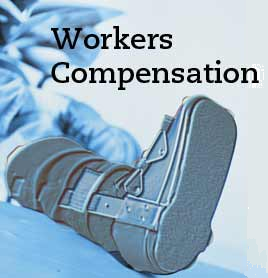
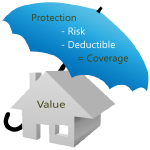
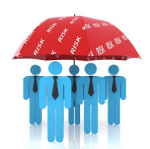 Owners and Officers Coverage is for defense costs and damages (awards and settlements) arising out of wrongful act allegations and lawsuits brought against an organization’s board of directors and/or officers. Securing this coverage allows your officers to sit on your board and comfortably know they are not going to be liable for the actions of the organization.
Owners and Officers Coverage is for defense costs and damages (awards and settlements) arising out of wrongful act allegations and lawsuits brought against an organization’s board of directors and/or officers. Securing this coverage allows your officers to sit on your board and comfortably know they are not going to be liable for the actions of the organization.
